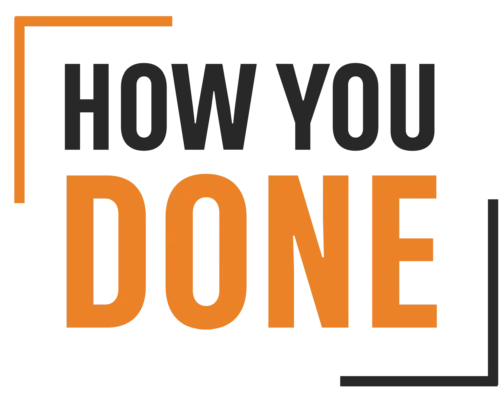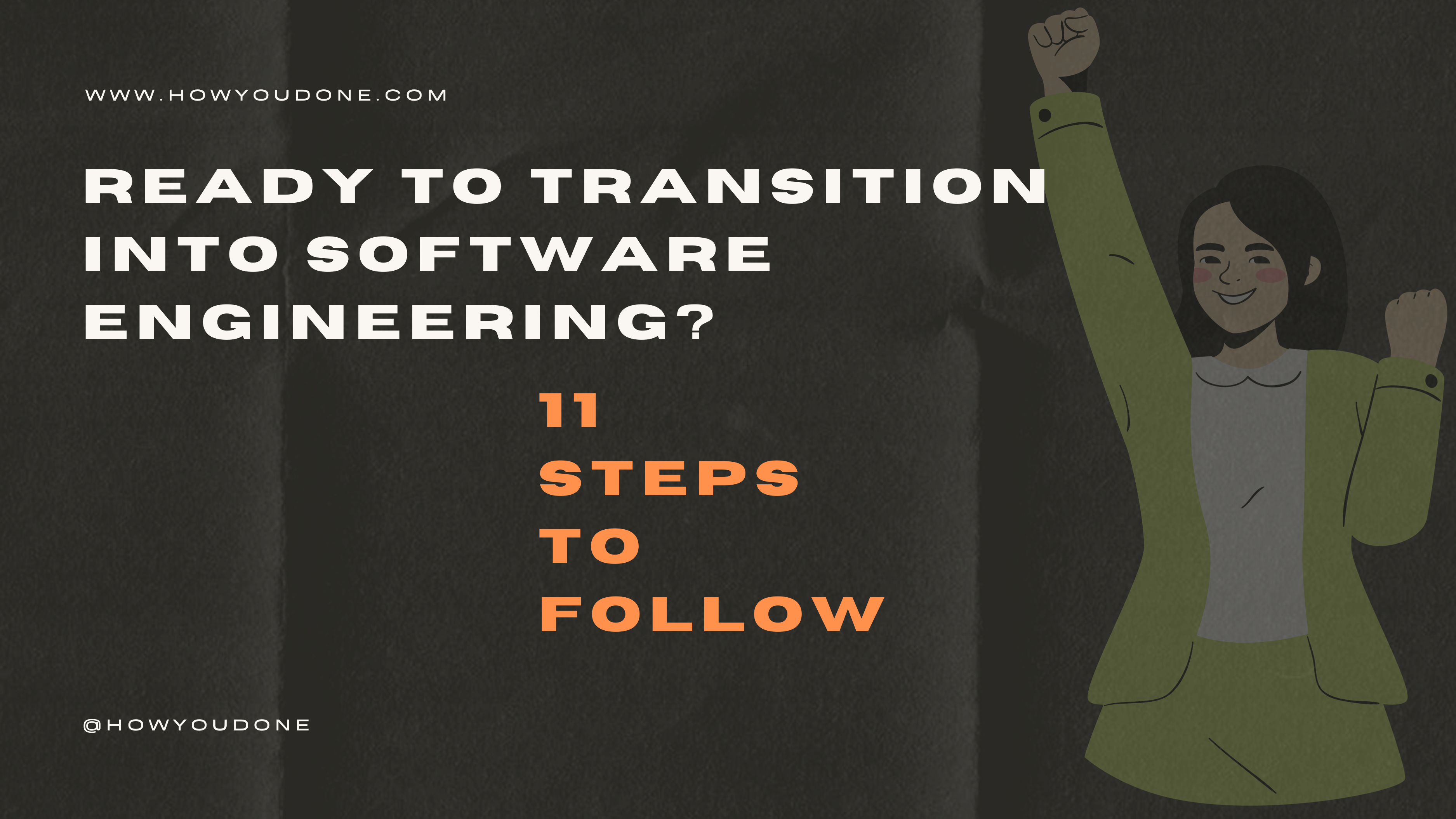Are you looking to make a significant career transition from your current job to a thriving and dynamic field like software development and engineering? This guide is here to help you navigate the process with clear, actionable steps. Transitioning your career can be a life-changing decision, and in this blog, we will focus on the journey of transitioning to a rewarding career as a software developer and engineer.
Step 1: Self-Reflection and Goal Setting
Before embarking on your journey into the world of software development and engineering, it’s vital to engage in self-reflection. Consider what’s driving you to make this transition. Are you seeking a new challenge, better job prospects, or a more fulfilling career? Your motivations will serve as your compass throughout the transition.
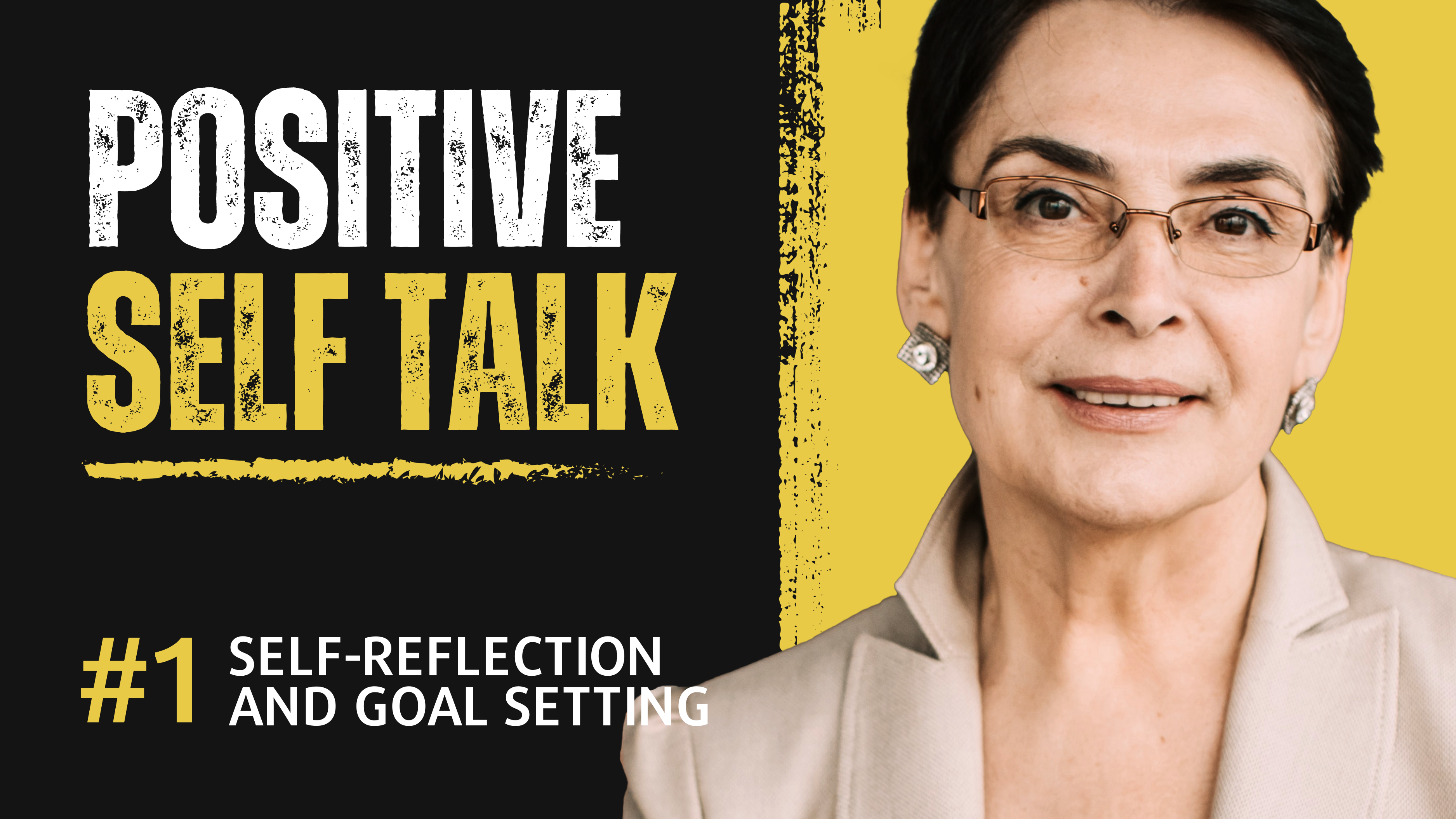
Estimate Time: 1 week
Take the time to identify your strengths and weaknesses. What skills from your current profession can be transferred to the software industry? For instance, if you have experience in project management, you already possess valuable skills in organizing tasks and managing deadlines. Recognizing your transferable skills will help you make a smoother transition.
Set clear, achievable goals for your career in software development. Whether it’s to become a front-end developer, data scientist, or a full-stack engineer, having a specific target will help you stay focused and motivated during your journey.
Step 2: Skill Assessment
Understanding your current skill set is essential in gauging where you stand in relation to your software development goals. Even if you’re coming from a non-technical background, many of your skills will be valuable in this field.
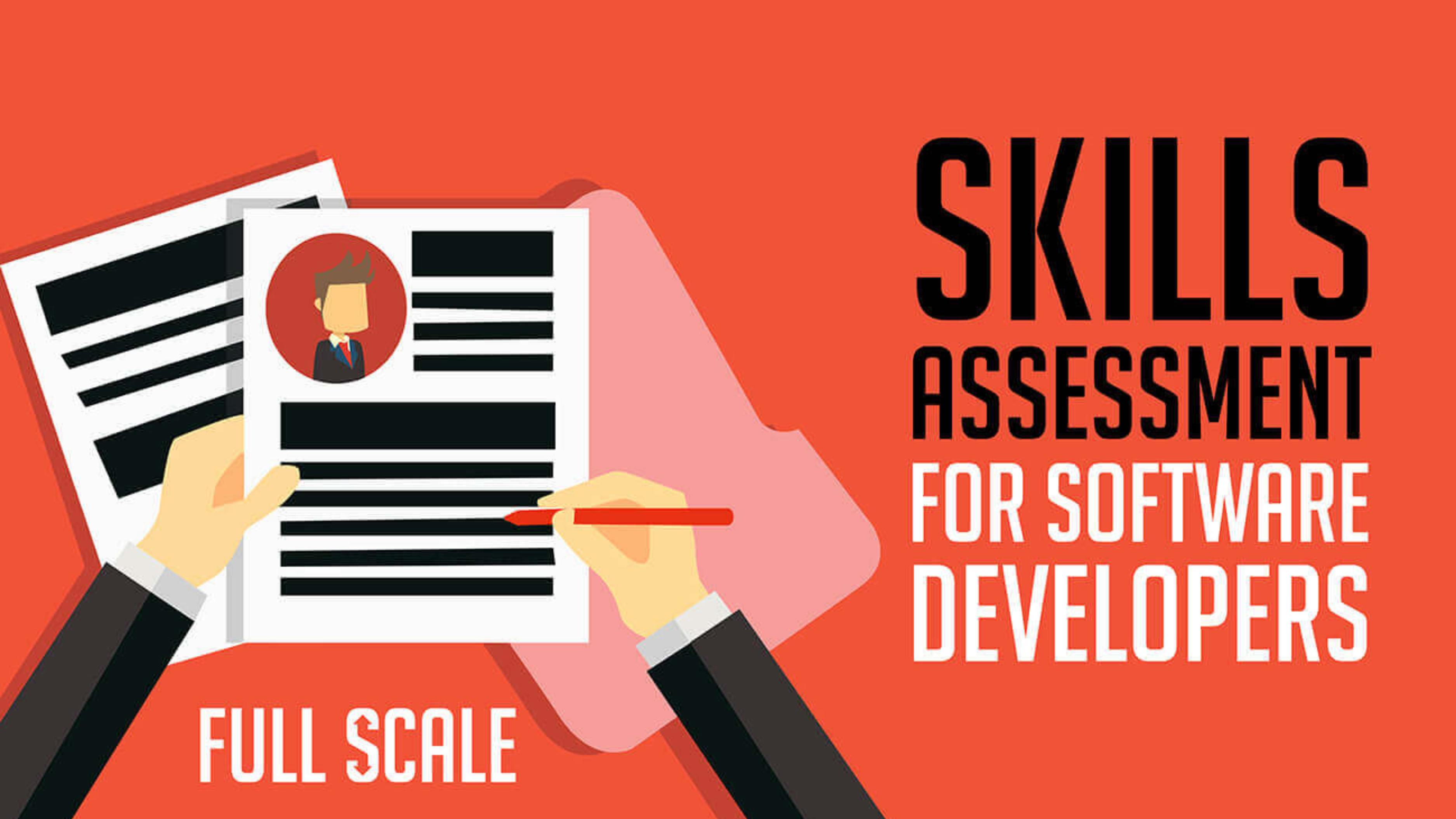
Estimate Time: 2 weeks
For example, if you’ve worked in customer service, you likely possess excellent communication skills, a keen understanding of user needs, and problem-solving abilities. These skills are highly applicable in software development, where effective communication with team members and end-users is critical.
Step 3: Choosing the Right Language
Choosing the right programming language is pivotal in your career transition. Start with a language known for its simplicity and versatility, like Python. Python is often recommended for beginners because of its clear and readable syntax. It’s an excellent choice for building a solid programming foundation. Learning Python is akin to mastering the alphabet before delving into more complex coding languages.
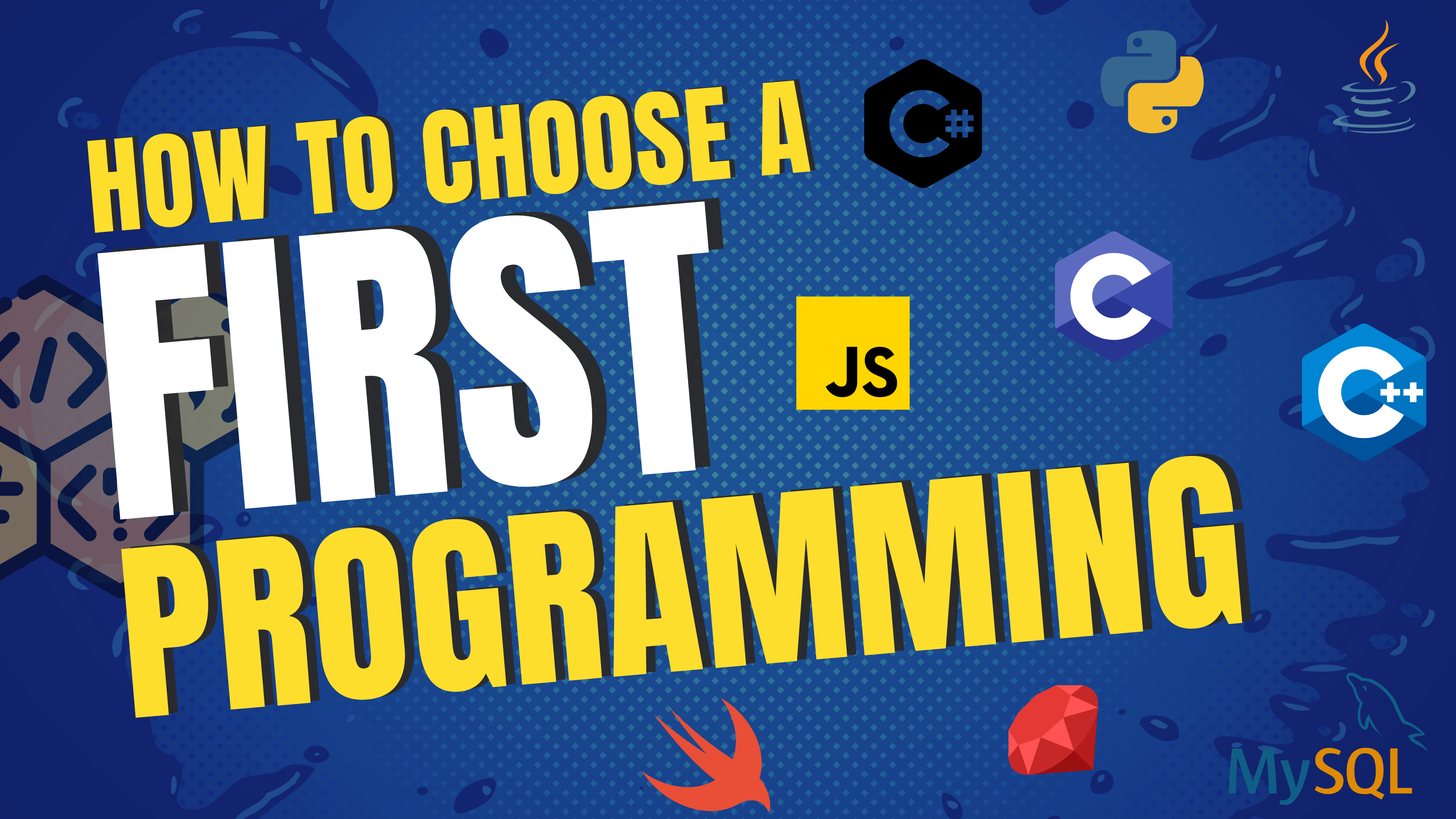
Estimate Time: 1 month
By beginning with Python, you’ll gain confidence and become proficient in the fundamental concepts of programming, such as variables, loops, and functions. Once you’ve mastered the basics, you can explore other languages based on your career goals, such as JavaScript for web development, Java for Android app development, or C++ for game development.
Step 4: Learning Resources
Leveraging online resources is a cost-effective and flexible way to acquire programming skills. Websites like Codecademy, Coursera, and edX offer a plethora of courses and tutorials tailored to beginners. These platforms often include interactive coding exercises and projects, enabling you to practice what you’ve learned.

Estimate Time: 3-6 months (depending on intensity)
Additionally, consider investing in comprehensive programming books or enrolling in formal education programs if you prefer a structured learning environment. The key is to choose a learning method that aligns with your learning style and pace.
Step 5: Building Your Portfolio
As you advance in your learning journey, it’s essential to create a portfolio that showcases your newfound programming skills. Begin with small coding projects that allow you to apply your knowledge and build tangible artifacts. For instance, you could create a simple web page, a to-do list app, or a basic calculator.

Estimate Time: 6-12 months (as you create and refine projects)
By sharing your projects on platforms like GitHub, you not only document your progress but also demonstrate your practical abilities to potential employers. This tangible portfolio will be invaluable when you start applying for software-related positions on LinkedIn.
Step 6: Networking and Community Involvement
Networking plays a pivotal role in your career transition to the software industry. Joining tech communities, attending meetups, and participating in online forums can provide valuable insights and connections. Engaging with professionals already established in the field can open doors to job opportunities and valuable advice.
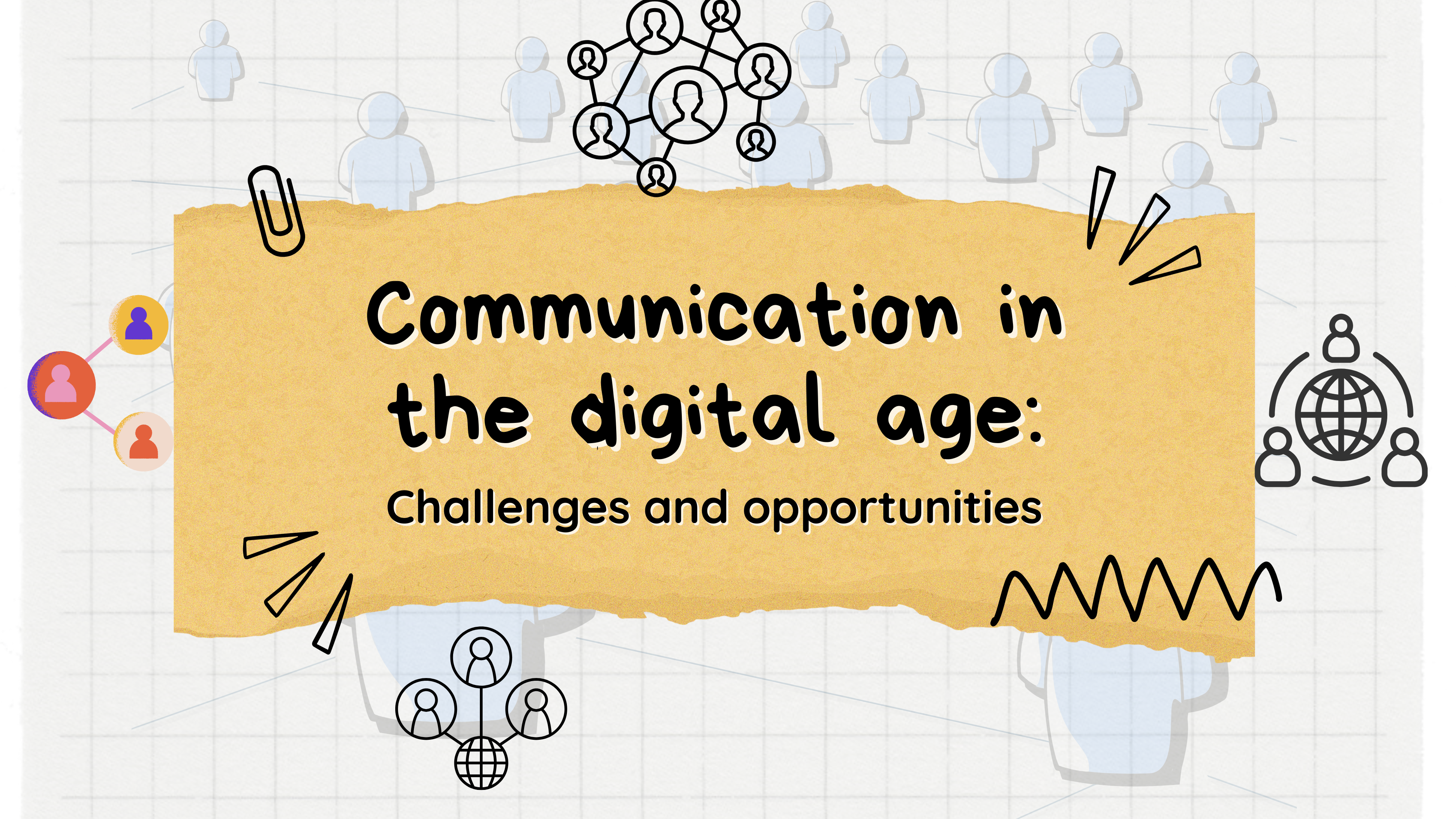
Estimate Time: ongoing (allocate few hours per week)
Networking is not just about who you know; it’s about who knows you. Building a reputation within the tech community can enhance your credibility and increase your chances of landing interviews and job offers in the software field , If you want in depth detail of networking follow this link where I already cover this topic with explanation.
Step 7: Soft Skills Development
In addition to your technical skills, focus on developing essential soft skills. Effective communication is vital in software development, whether you’re explaining your code to a team member or collaborating with stakeholders. Moreover, the ability to work as part of a team and manage your time efficiently are critical for project success.
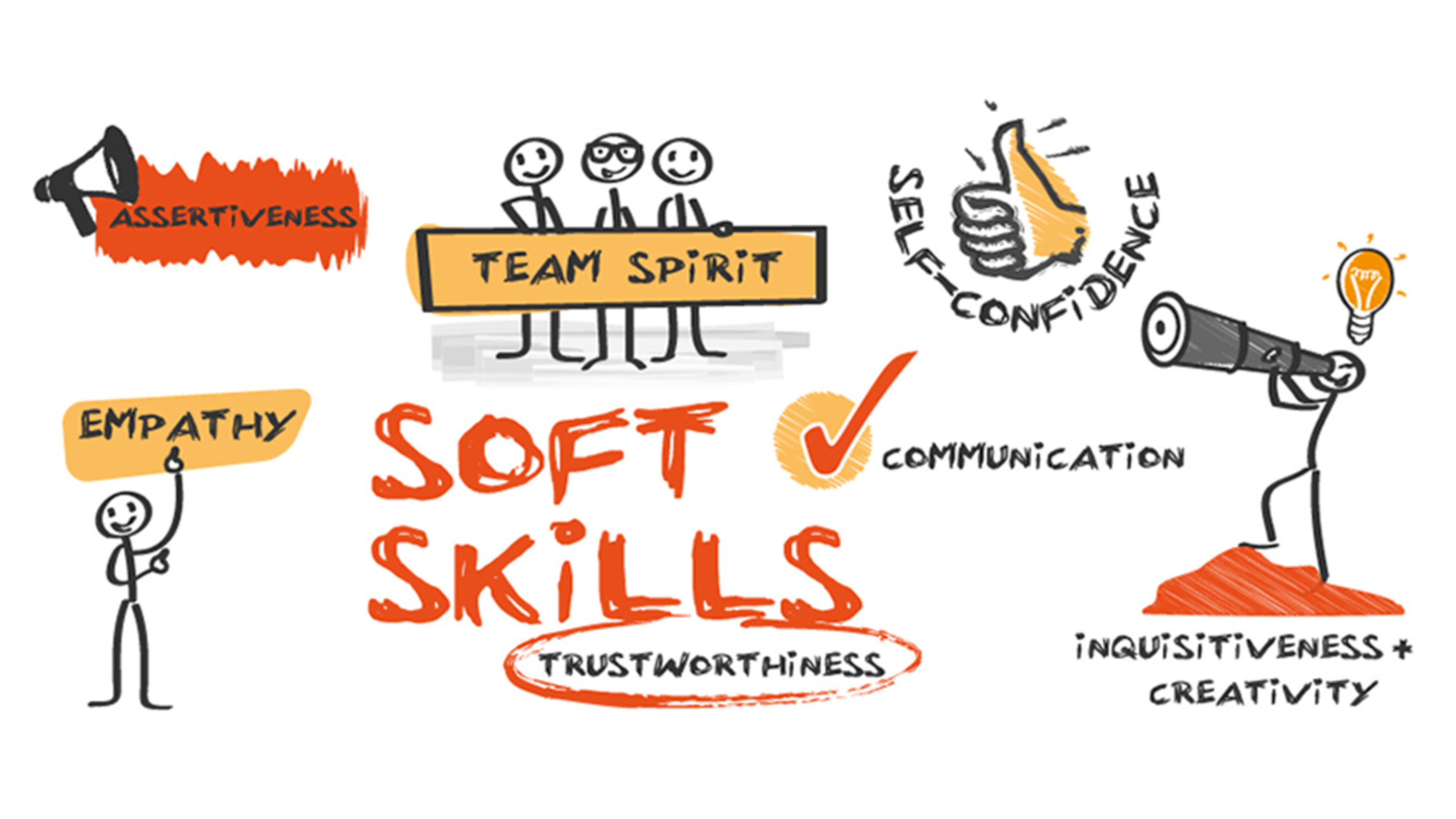
Estimate Time: ongoing (allocate 30 minutes to 1 hour per day)
Recognize that these soft skills are not just desirable; they are integral to your success as a software developer or engineer. Continuous improvement in these areas will make you a more well-rounded professional.
Step 8: Resume Building
When it comes to job applications, creating a tech-focused resume is essential. Highlight your transferable skills and emphasize your journey from your previous career to the software field. Show potential employers how your existing skills are an asset to their team. Your unique background can make you stand out from other candidates, so craft your resume to tell a compelling story.

Estimate Time: 1-2 hours per application
Tailor your resume for each job application to align with the specific requirements of the position. Highlight the skills and experiences that directly relate to the job you’re applying for, making it clear to employers that you are a strong fit for the role.
Step 9: Interview Preparation
Prepare yourself for technical interviews by dedicating time to practice coding exercises and system design problems. Interviewers are interested in not only your coding abilities but also your problem-solving skills and thought process. Use platforms like LeetCode, HackerRank, or Code Signal to practice a variety of coding challenges.
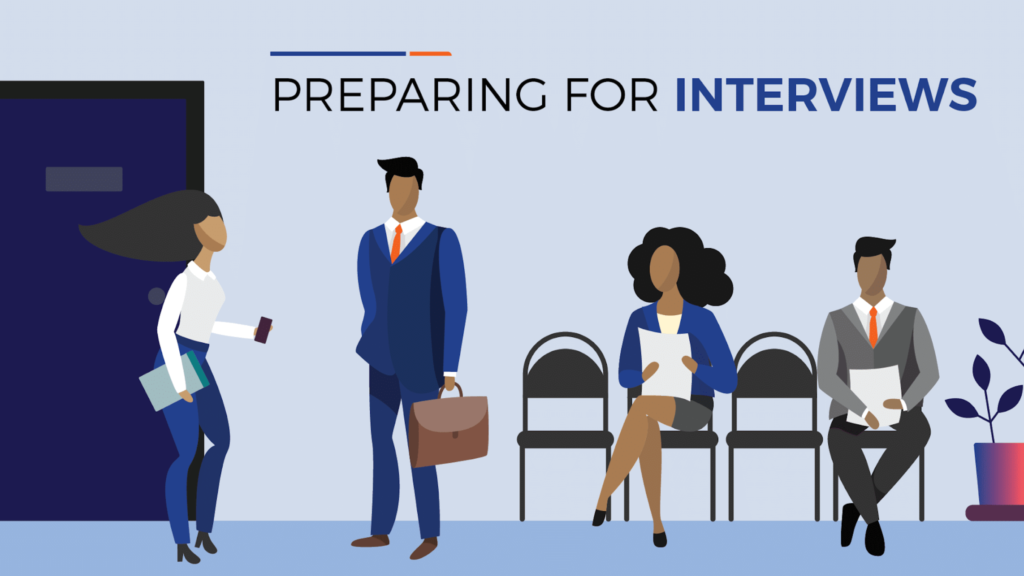
Estimate Time: Allocate 1-2 hours per day
Invest time in studying data structures and algorithms, which are common topics in technical interviews. Understand the principles behind them and practice solving problems related to these concepts.
Step 10: Job Search and Application
The final step in your career transition journey is the job search. Look for entry-level positions or internships to kickstart your career in software development. It’s common for those transitioning from non-technical backgrounds to start as junior developers or interns. These roles provide valuable experience and an opportunity to learn from experienced professionals.

Estimate Time: Varies; apply as soon as you feel confident (typically after 3-6 months)
Tailor your job applications to match the specific requirements of each role you apply for. Emphasize how your unique skills and experiences make you a strong candidate for the position. Be prepared for rejection, but don’t let it deter you; perseverance is key.
Step 11: The Ongoing Journey
A career transition is not a one-time event; it’s an ongoing journey. The software industry is ever evolving, with new technologies and trends emerging regularly. To remain relevant and successful, you must embrace the concept of continuous learning.
Estimate Time: Ongoing (allocate 5-10 hours per month)
Stay updated with industry news, attend workshops and conferences, and consider additional courses or certifications to expand your skill set. Continual improvement is a hallmark of a successful career in software development.
Ready to invent your new career transition?
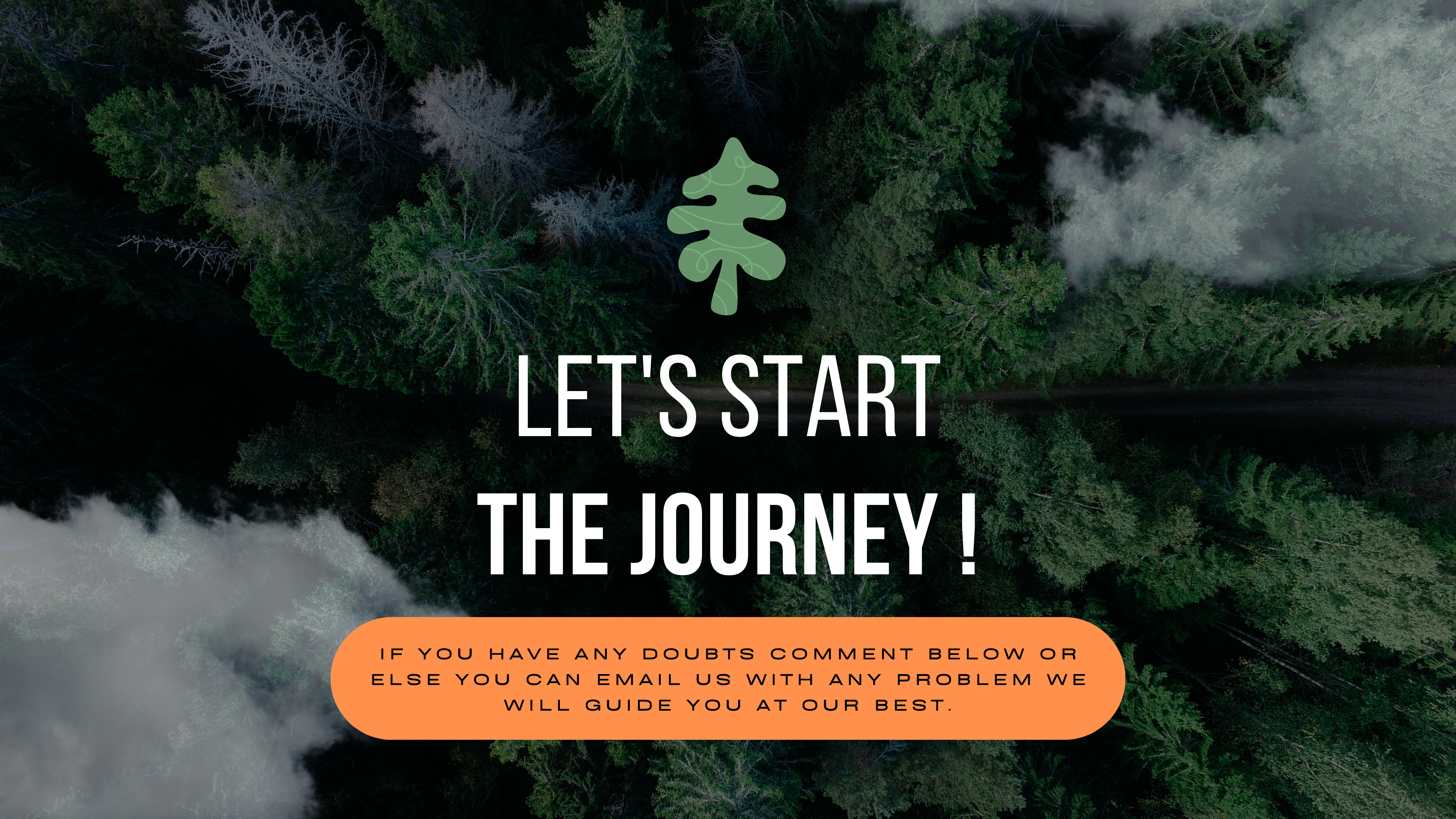
As you reach the end of this comprehensive guide to transitioning your career to the software developer and engineer field, remember that this journey is not a race; it’s a process that takes time, dedication, and perseverance. Each step, from self-reflection to building your portfolio and networking with the tech community, plays a vital role in your transformation.
The software industry is one of constant change, and your ongoing journey of continuous learning will be your greatest asset. With the right mindset, a clear focus on your goals, and a commitment to acquiring both technical and soft skills, you can successfully transition to a career that promises fulfilment, growth, and exciting challenges. The path may have its share of challenges, but with the guidance provided in this guide, you’re well-prepared to embark on your exciting new career in the software world. So, embrace the adventure, and make your transition a reality.
FAQs
1. Can I change my career to software engineering?
– Yes, you can change your career to software engineering with determination, focused learning, and building a strong portfolio.
2. Can you become a software engineer later in life?
– Absolutely, people of all ages can become software engineers. Lifelong learning and dedication are key.
3. What is the journey to become a software engineer?
– The journey involves learning a programming language, building projects, networking, and applying for jobs to secure a position in software development.
4. Can you become a programmer at 30?
– Yes, you can become a programmer at 30 or any age. Many successful programmers start their careers later in life.
5. How to Deal with A Job You Hate And Transition Out Of It?
– Assess your skills and interests, set clear goals, learn new skills, network, and gradually transition into a more fulfilling career.
6. Transition to College: Career Advice for Recent High School Graduates
– Focus on your interests, research career options, seek guidance, and choose a college and major aligned with your goals.
7. Is 40 too old to learn coding?
– It’s never too late to learn coding. Many people start coding in their 40s and go on to have successful careers in tech.
